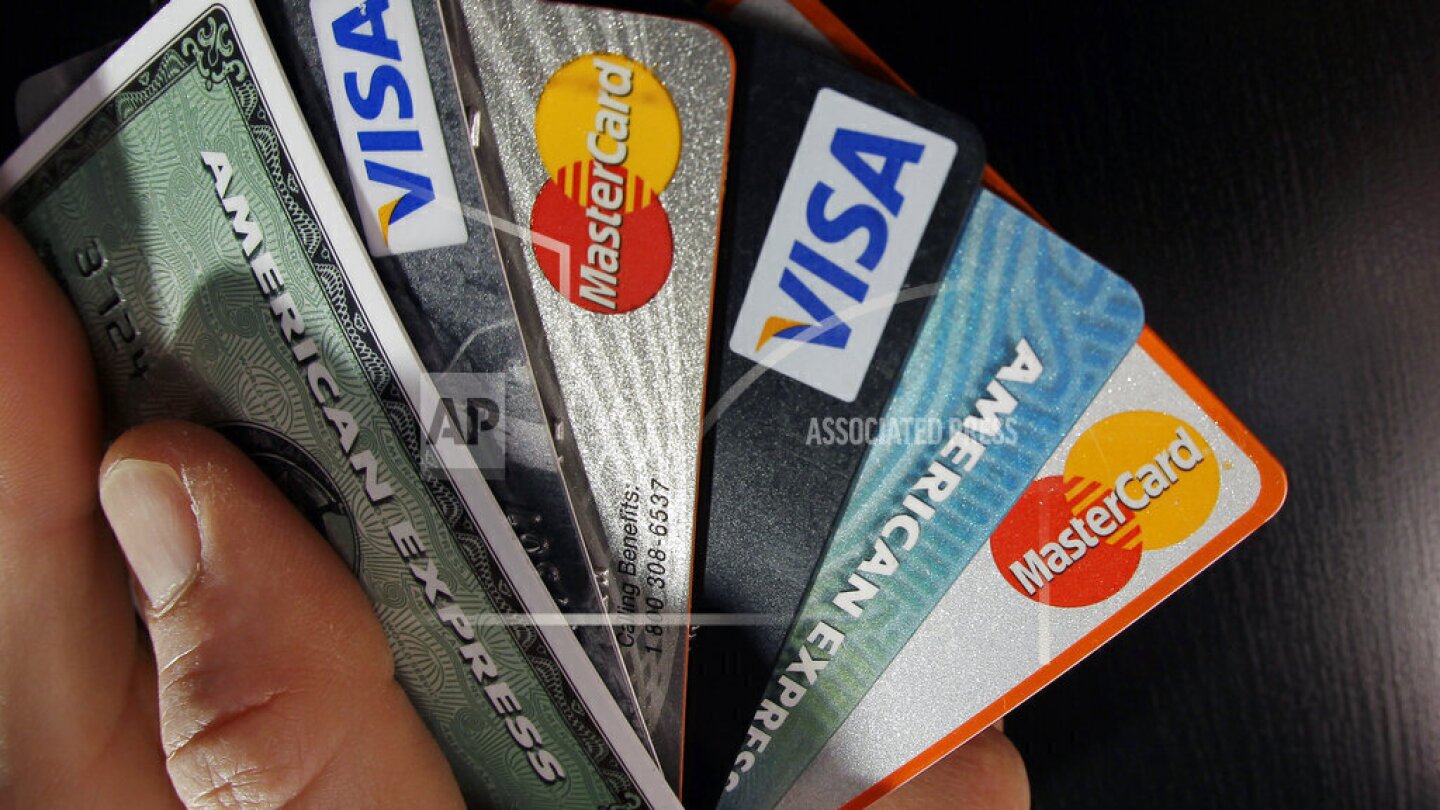The cost to overdraw a bank account could drop to as little as $3 under a proposal announced by the White House, the latest effort by the Biden administration to combat fees it says pose an unnecessary burden on American consumers, particularly those living paycheck to paycheck.
The change could potentially eliminate billions of dollars in fee revenue for the nation’s biggest banks, which were gearing up for a battle even before Wednesday’s announcement. Exactly how much revenue depends on which version of the new regulation is adopted.
Banks charge a customer an overdraft fee if their bank account balance falls below zero. Overdraft started as a courtesy offered to some customers when paper checks used to take days to clear, but proliferated thanks to the growing popularity of debit cards.



what they don’t tell you up front is that it’s up to the user to put a lock on the account so if there is no money, it stops allowing a withdrawal. And then to charge a fee as ‘overdraft protection’. But by default it’s open. It’s very shady Facebook-privacy style way of stacking it against the user just so they can make money on ignorance. Their business is to keep the user ignorant. Very end stage capitalism if scamming is defended as a business model.
Same goes for spending limits and region tracking/locking on checking accounts and associated debit cards.
When moving from BoA to a credit union, I was astonished at how this service was enabled by default. I once purchased a large TV and got a call from the bank’s security department confirming the transaction, as I was putting it in my car. I would expect no such service from a major bank.
Don’t forget how if you do freeze your account you often cannot block recurring or online purchases